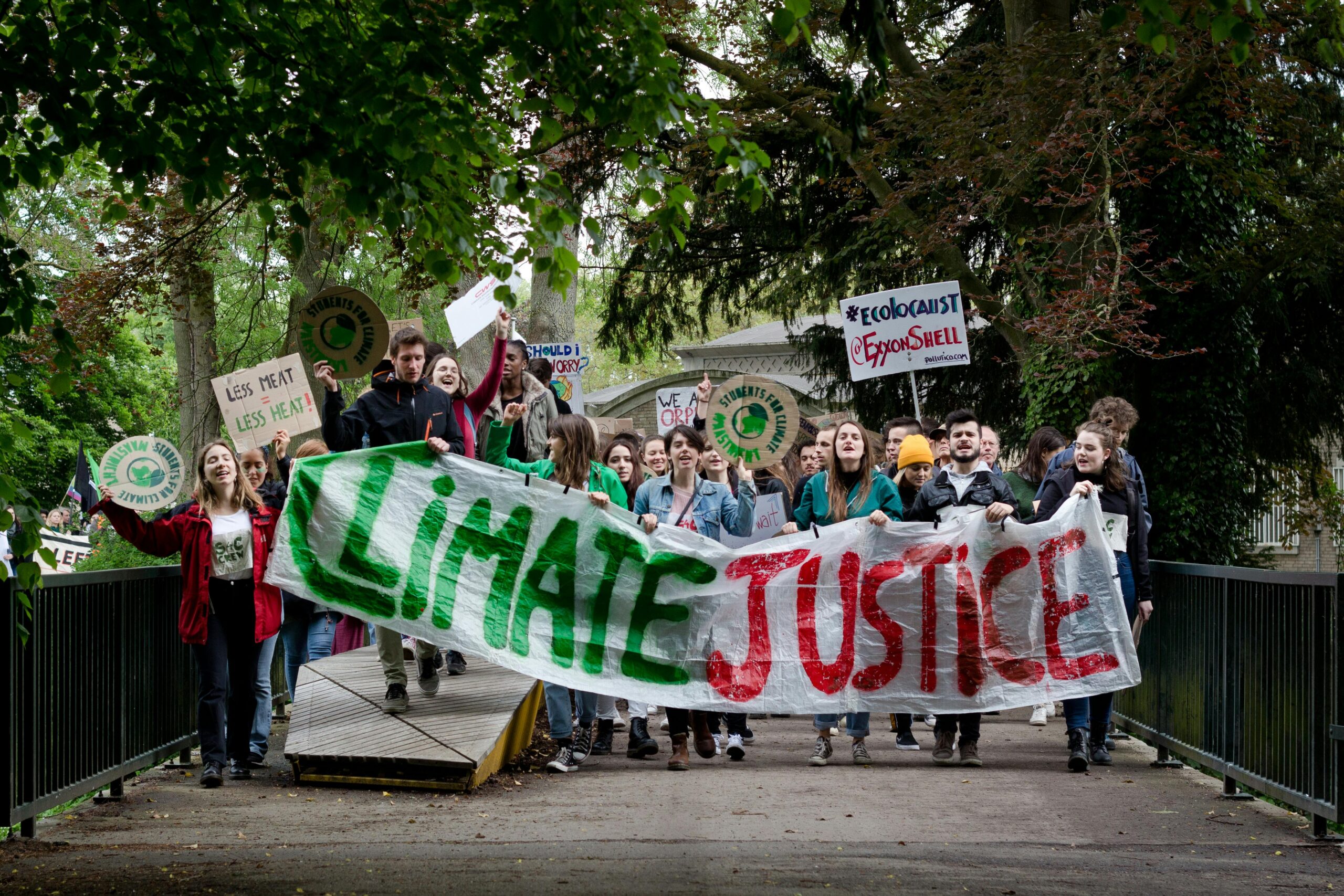In an era of unprecedented global connectivity, international students in the United States are not merely passive recipients of education; they are active participants in social movements and catalysts for change. Their unique perspectives, cultural backgrounds, and experiences enrich the tapestry of American activism, demonstrating cross-border solidarity in profound ways. This blog delves into the significant role international students play in US movements, highlighting their contributions, challenges, and the broader implications of their involvement.
Bridging Cultures and Causes
International students bring diverse viewpoints that help bridge cultural divides within social movements. Their global perspectives can lead to more comprehensive and inclusive approaches to addressing issues such as climate change, racial justice, and human rights. For example, students from countries experiencing severe environmental degradation can provide firsthand insights into the impacts of climate change, thereby enriching the dialogue and strategies of environmental activism in the US.
Moreover, international students often draw parallels between struggles in their home countries and those in the US, fostering a sense of global solidarity. This comparative perspective can enhance the understanding of systemic issues, such as colonialism, imperialism, and economic inequality, underscoring the interconnectedness of global struggles.
Amplifying Voices and Issues
One of the critical roles international students play is amplifying marginalized voices and issues that may not receive adequate attention in mainstream US discourse. By leveraging their networks and platforms, they can bring international awareness to local movements. For instance, international students from regions affected by political oppression can draw attention to similar injustices occurring in the US, thereby fostering a more robust and informed activism landscape.
Additionally, these students often engage in transnational advocacy, connecting US movements with global campaigns. This cross-border activism can lead to the exchange of ideas, strategies, and resources, strengthening the effectiveness of social movements on both local and global scales.
Navigating Challenges and Barriers
Despite their contributions, international students face unique challenges that can hinder their participation in US movements. Visa restrictions, cultural barriers, and the threat of deportation can limit their ability to engage fully. For instance, participating in protests or other forms of activism can pose significant risks, as any arrest or legal trouble could jeopardize their immigration status.
Moreover, the cultural adjustment process can be daunting, with international students often grappling with a sense of alienation or misunderstanding. Building trust and solidarity within activist communities can be challenging when faced with cultural and linguistic barriers. However, many students overcome these obstacles through resilience, adaptability, and the support of inclusive movements that recognize and value their contributions.
Educational Institutions as Catalysts
US educational institutions play a pivotal role in facilitating the engagement of international students in social movements. Universities and colleges can provide resources, support networks, and platforms for international students to voice their concerns and participate in activism. Programs that promote diversity, equity, and inclusion are crucial in fostering an environment where international students feel empowered to contribute.
Furthermore, academic curricula that incorporate global perspectives and encourage critical thinking about social justice issues can inspire international students to take an active role in movements. By integrating activism into educational experiences, institutions can cultivate a generation of global citizens committed to social change.
The Broader Implications
The involvement of international students in US movements has far-reaching implications. It underscores the importance of global solidarity in addressing contemporary challenges and highlights the need for inclusive and intersectional approaches to activism. By participating in social movements, international students not only contribute to positive change in the US but also carry these experiences back to their home countries, potentially inspiring similar activism globally.
In conclusion, international students in the US are vital contributors to social movements, bringing unique perspectives, amplifying marginalized voices, and fostering global solidarity. Their participation enriches the fabric of American activism, demonstrating that the fight for justice knows no borders. As educational institutions and movements continue to embrace and support these students, the potential for meaningful and transformative change on a global scale becomes increasingly attainable.













Recent Comments